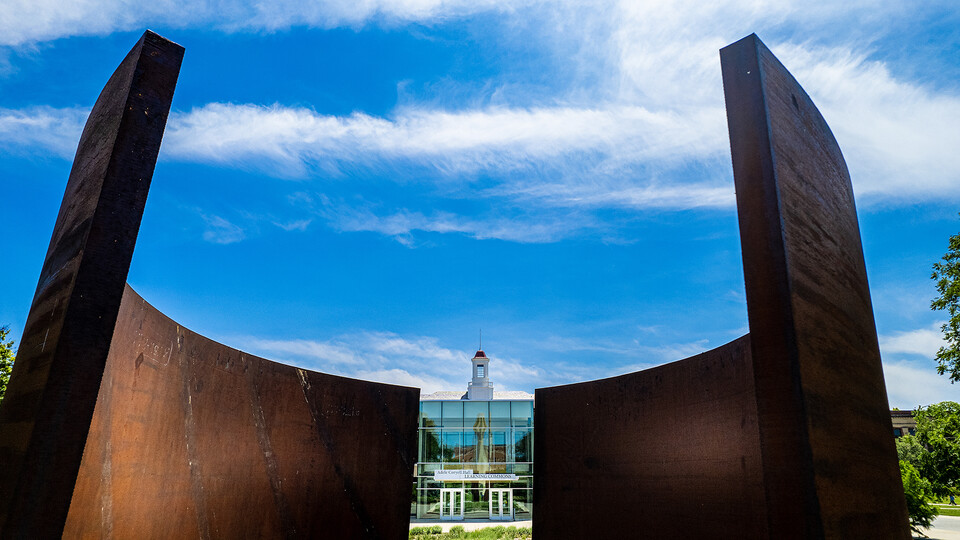
Deirdre Cooper Owens, history, and director of the Humanities in Medicine program, was interviewed for an Aug. 1 Quartz article on the United States’ mixed history of treating racism as a public health issue. She discussed a failed effort in the late ’90s to address racism as a health crisis. “The medical industry was unwilling to see their own complicity,” she said.
• • •
New research from Colton Fruhling, a doctoral candidate in physics and astronomy, suggests that the size of electron bunching relative to a laser beam could help researchers determine the duration of ultra-short electron bunches, a crucial step toward accurately capturing the dynamics of photochemical reactions such as photosynthesis. Phys.org and Technology.org ran articles on the research.
• • •
Eric Weaver, biological sciences, has received a five-year, $3.2 million grant from the National Institutes of Health’s National Institute of Allergy and Infectious Diseases to investigate the tobacco mosaic virus as a possible catalyst for developing a universal flu vaccine. Stories on the research appeared in eight Nebraska media outlets and Technology.org.
• • •
New research by Eli Strauss, postdoctoral research associate in the School of Biological Sciences, and colleagues suggests that infanticide may be part of a strategy female hyenas use to maintain their social standing. Science News published an Aug. 25 article on the research.
• • •
Hope Wabuke, English, wrote an Aug. 27 article titled “Afrofuturism, Africanfuturism and the Language of Black Speculative Literature” for the Los Angeles Review of Books.
• • •
Kelsy Burke, sociology, wrote an Aug. 31 piece for The Conversation about her research on evangelical sexual culture. Burke surveyed nearly 800 users of Christian sex advice websites and found that the vast majority supported a wide range of sex acts within heterosexual marriage as long as husband and wife consented. The story was picked up by more than a dozen media outlets.
• • •
New research by Brian Couch, biological sciences, and national colleagues has suggested that faculty who use innovative teaching practices communicate primarily with each other, limiting the spread of those practices to other faculty who could benefit from them. Stories on the research appeared in Phys.org, Science Codex and several other media outlets.


